How Britain became the dirty-money servant of the world
‘Britain is a machine for receiving wealth, hiding wealth, protecting wealth, managing wealth and massaging wealth,’ Oliver Bullough tells Rory Sullivan ... but it shouldn’t take a war for British ministers to act against the problem

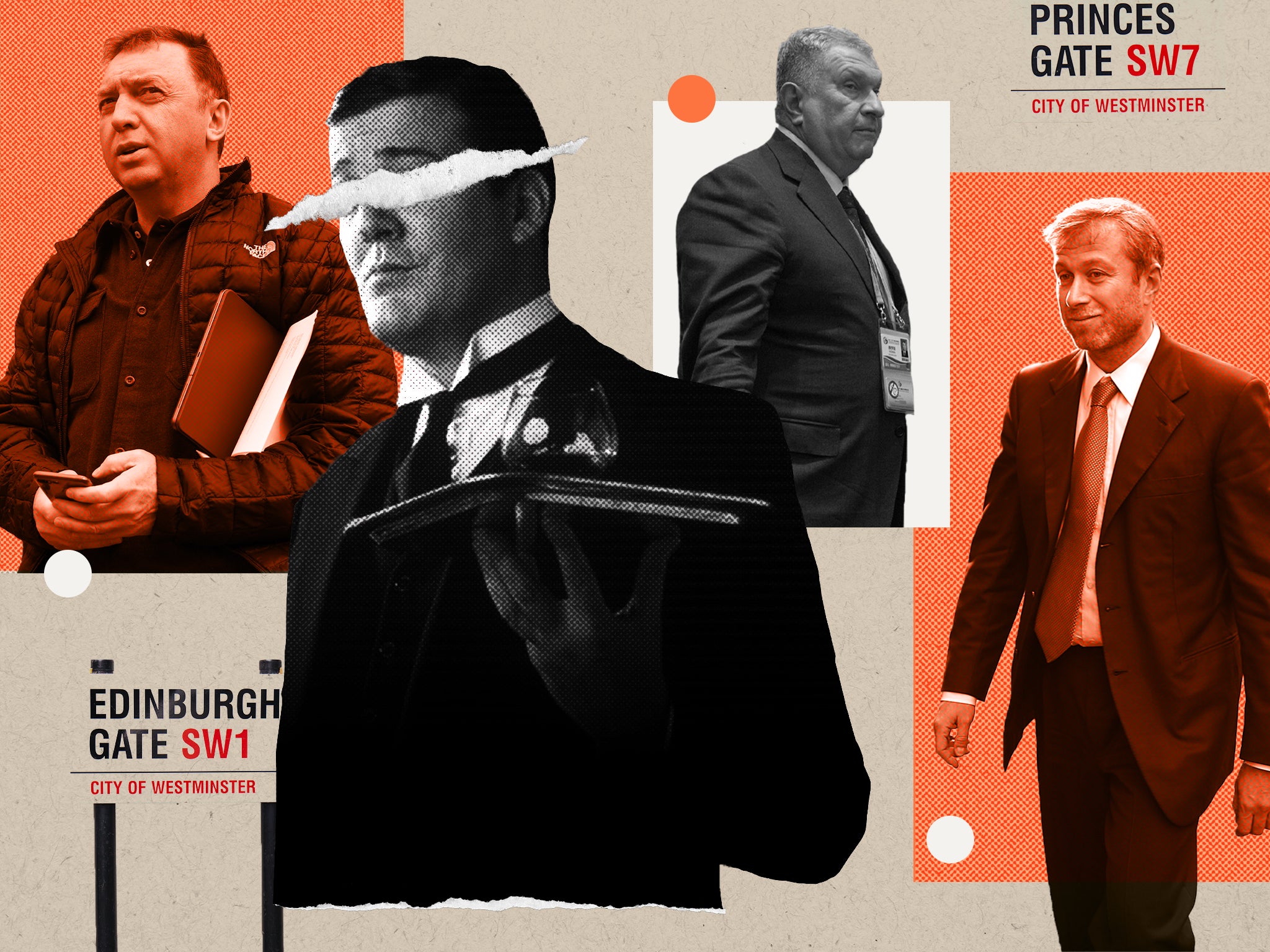
Even in one of the world’s most conspicuously wealthy cities, London’s Knightsbridge stands out. Beside the oasis of Hyde Park, the old-time glitz of Harrods mingles with supercar showrooms and eye-wateringly expensive clothes shops. In this central district of the English capital, gold watches grace the windows of several Rolex outlets, stationed only metres apart.
Looking around at all these indicators of wealth, Oliver Bullough, a journalist who writes about economic crime, turns to the subject of the UK’s dirty money problem. “Britain is a machine for receiving wealth, hiding wealth, protecting wealth, managing wealth and massaging wealth,” he says.
It’s a damning judgement, but one that Bullough, as the author of Moneyland, a bestseller on global corruption, is well-positioned to give. In his latest book, Butler to the World: How Britain Became the Servant of Tycoons, Tax Dodgers, Kleptocrats and Criminals, Bullough examines how the UK became so mired in ill-gotten gains and why Britons should take notice. For too long, the country has profited by servicing such money, despite the damage it does to the fabric of British society and to the nations the money is looted from, he argues.
For him, the rot set in after the Second World War when broke Britain was searching for a new position in the global order. Its answer was to turn to financial deregulation, he says, with the City of London prioritising the free flow of capital above all else. Bullough investigates the legacy of this decision over the intervening decades, exploring the blossoming of tax havens in British overseas territories and the proliferation of shell companies, which now obscure the true ownership of thousands of expensive properties in Britain.
The author also looks at the arrival of significant amounts of oligarchic wealth in the UK, especially after the break-up of the Soviet Union. At every stage in this story, Bullough focuses on the legions of lawyers, accountants and bankers who made – and still make – the laundering of illicit funds possible. As the title of his book suggests, he thinks of them as “butlers”.
To help illustrate this butlering analogy, Bullough refers to PG Wodehouse’s comedic novels about Jeeves and Wooster, an intelligent valet and his rich, lazy buffoon of a master.
You’d have thought this would be the moment that they wake up. It’s like they’ve sent an army into war without any maps, and the maps they have got are inaccurate
“What Jeeves gets up to in terms of what he helps Bertie [Wooster] get away with – bribing police officers, subverting legal proceedings – it’s extraordinary,” Bullough tells The Independent.
“If you cut through the outward appearance of the UK as a polite, delightful, well-mannered, well-dressed class of people and look at what they do, it’s a bit like that.”
Butler to the World’s main message – that Britain needs to clean up its act not just for its own good but for that of the world – rings all the louder because of current geopolitics. After Vladimir Putin invaded Ukraine last month, the UK government joined other countries in sanctioning Russian oligarchs with reportedly close connections to the Kremlin. Many of them own homes and have other holdings in the UK.
With the anti-corruption issue firmly in the spotlight, I meet Bullough for a stroll around Knightsbridge. It is a well-worn path for him, given he used to lead “Kleptocracy Tours” in the area. “The amount of money that can stick to the side as it flows through this city is amazing,” he says, struck by his surroundings.
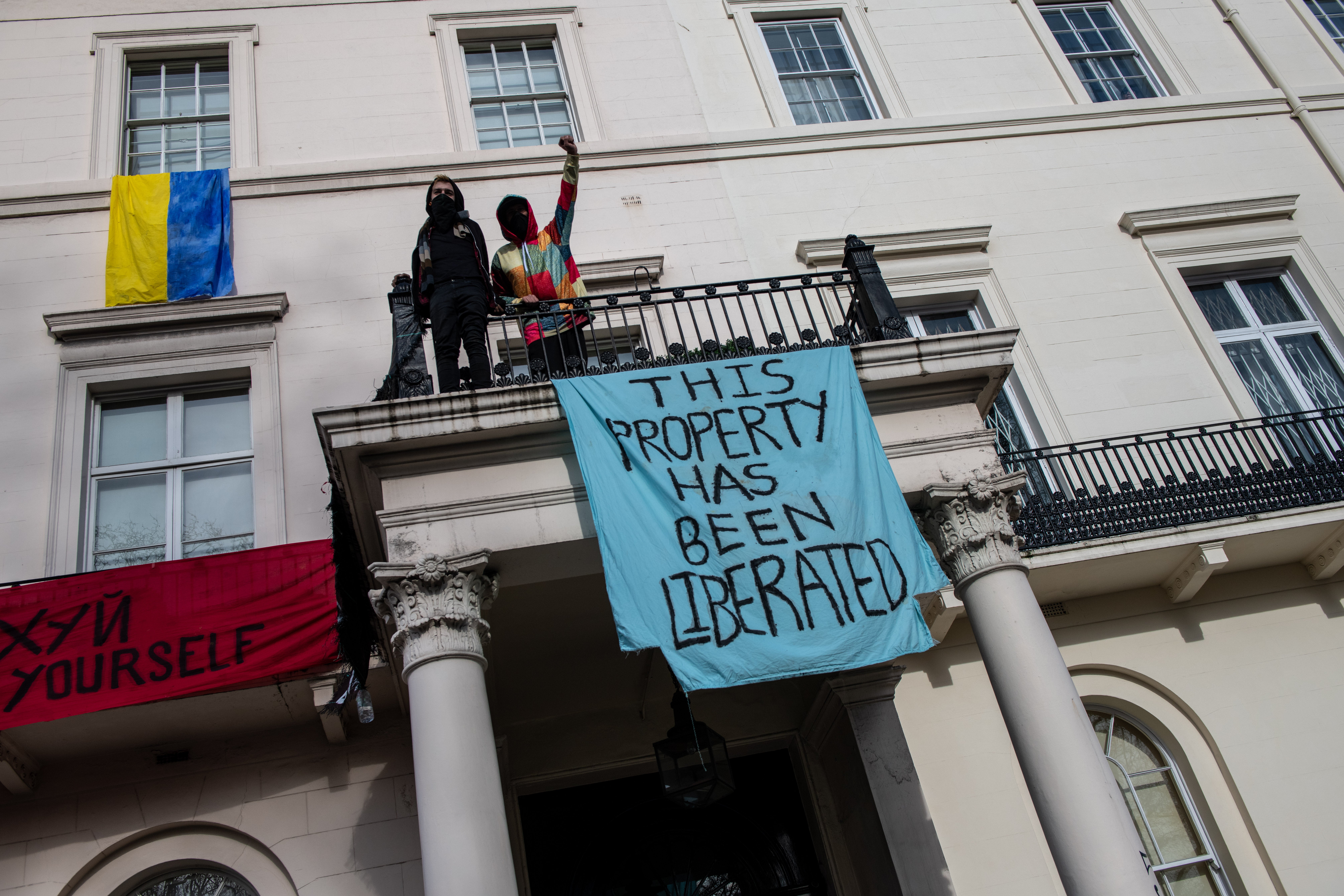
The conversation turns to the government’s economic crime (transparency and enforcement) bill, introduced and sped through the House of Commons on 7 March in a desire to target questionable Russian money over the plight of Ukraine. It became enshrined in law on Tuesday.
It is an astonishing turnaround for legislation rumoured to have been shelved altogether earlier this year. Although it shows more attention is now being paid to corruption, experts such as Bullough believe it is riddled with loopholes, something which “butlering” thrives on. As well as including provisions on sanctions and “unexplained wealth orders” (UWOs), the bill aims to establish a register of overseas entities in a bid to make property ownership in the UK more transparent. The idea is to force opaque shell companies to name the ultimate beneficiary of assets in Britain.
So far, so good. But there are glaring holes, says Bullough, noting how a kleptocrat only needs to split their offshore company between five relatives to avoid the need for transparency. Or how they can just lie, safe in the knowledge that the underfunded and understaffed British enforcement agencies – such as the National Crime Agency (NCA) and the Serious Fraud Office – lack the resources and teeth to follow it up.
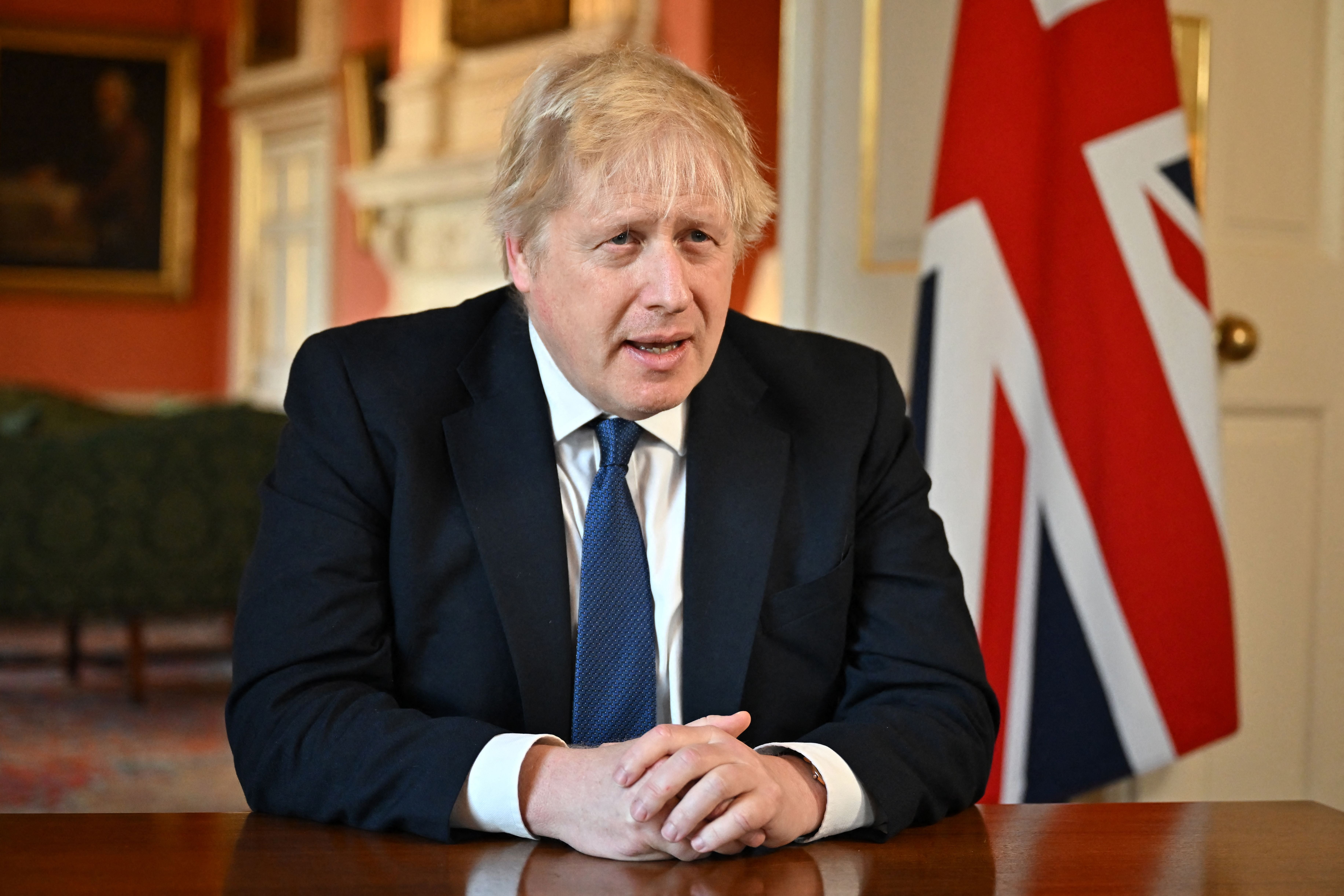
“It’s genuinely awful. I couldn’t believe how awful it is,” he says, referring to the government’s economic crime bill. After running through a litany of complaints, Bullough describes it as an “easily evadible test” for those who don’t follow the rules. “You can’t beat Vladimir Putin by getting him to fill in a form and not check what he writes on it.”
Bullough stresses that legislation is not enough without guarantees of enforcement. “You need to resource the battle against oligarchs. And that is what this government is disastrously failing at,” he says. “You’d have thought this would be the moment that they wake up. It’s like they’ve sent an army into war without any maps, and the maps they have got are inaccurate, the weapon systems don’t work, we don’t have enough soldiers, and the soldiers we do have are underfed and demoralised.”
A government spokesperson rejected this analysis, praising the speed of the bill and insisting that the NCA is not underfunded.
We used to be proud of our rule of law. I think that’s gone. And if we don’t clean it up, over time it’ll damage us. You can never stay sustainably rich on the back of dirty money
Roman Borisovich, the founder of the anti-corruption advocacy group ClampK, thinks Britain is not doing enough to deter crooks. The Moscow-born financier, who helped to launch “Kleptocracy Tours” in the capital, welcomes government action against stolen wealth but believes it should go much further. He says one problem with the economic crime bill is that it currently allows owners six months to register their interest, giving them plenty of time to sell off property.
“There's no way you should allow six months to find out who owns what,” Borisovich says. A better solution would be to freeze all assets held by anonymous company holdings until they prove beneficial ownership, he adds. If they refuse to do so, Borisovich thinks British authorities should “immediately introduce horrendous fines for not complying“, which would lead to asset seizures if not paid.
The ClampK founder, who entered the fight against graft after befriending the Russian opposition leader, Alexei Navalny, thinks it should not have taken a war for British ministers to act against the problem of dirty money. In his view, western sanctions did not come nearly quickly enough to prevent Putin’s war. “My heart is breaking because I'm a Muscovite Ukrainian. Thousands of Ukrainians have died because of this inexplicable aggression.”
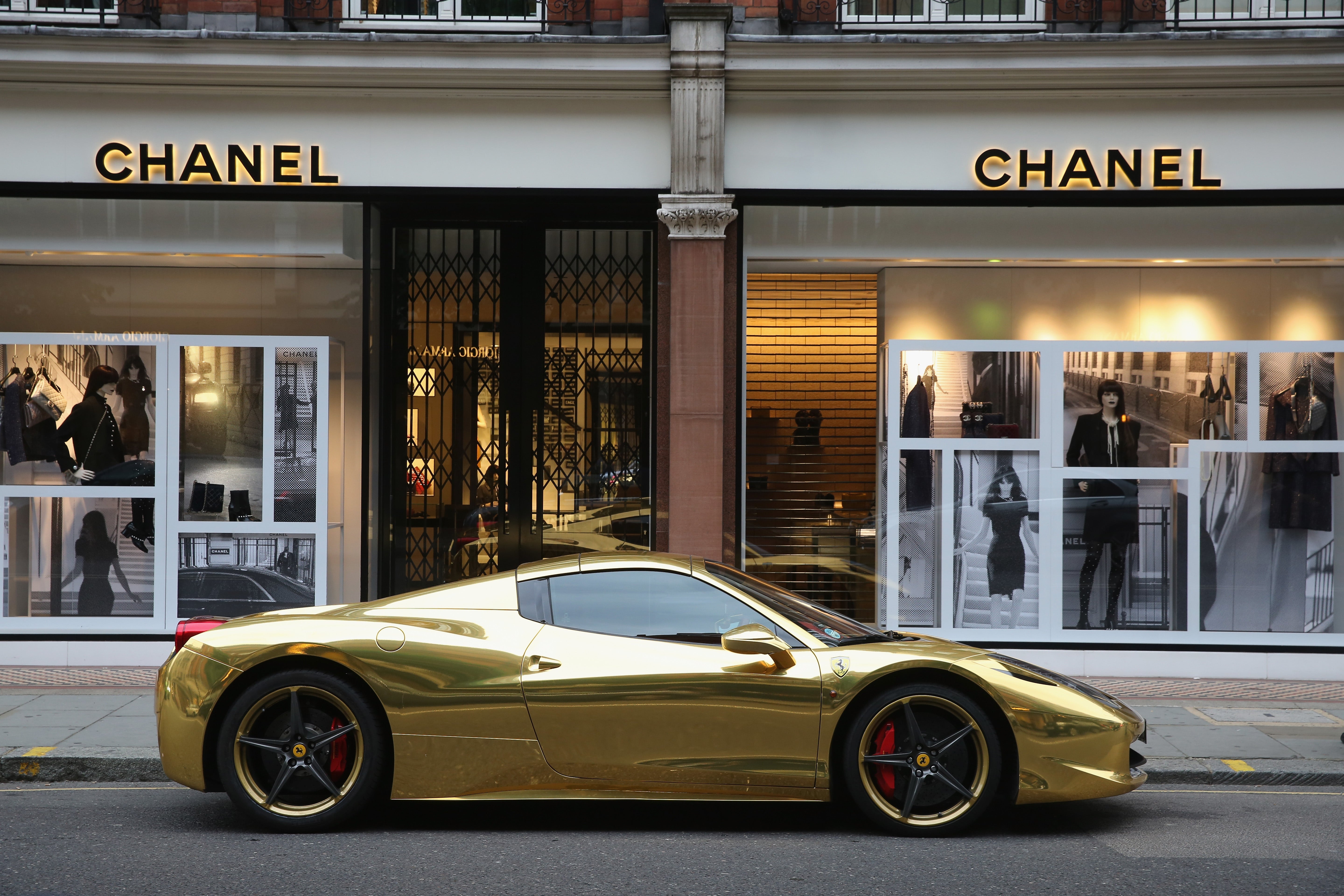
Borisovich notes that dirty money is bad no matter where it comes from. “The laws we advocate apply indiscriminately to all kleptocrats. It's because of this situation where people are dying that we need to be extra vigilant with Russia.”
Another leading figure in the battle against corruption is Margaret Hodge, the Labour MP for Barking. The former head of the influential public accounts committee also says the UK has woken up too late to the issue. “I feel uncomfortable that it takes the tragedy of Ukraine to get the government to move on dirty money. It's horrible really,” she says.
With a flicker of anger in her voice, Hodge derides the name of the economic crime bill, which, given its inadequacies, she judges to be “total PR”.
“What is deeply disturbing is that the government had a massive consultation on it, they've had a bill literally sitting on the shelves for years, and yet they've left in lots of loopholes. Some of which we have closed, others we haven't been able to. There's so much we're unable to achieve in it,” she says. The 77-year-old believes her own party is not blameless over the trouble Britain finds itself in. After all, it was a Labour government that introduced golden visas, a means by which high-net-worth individuals could fast-track their desire to live in the UK.
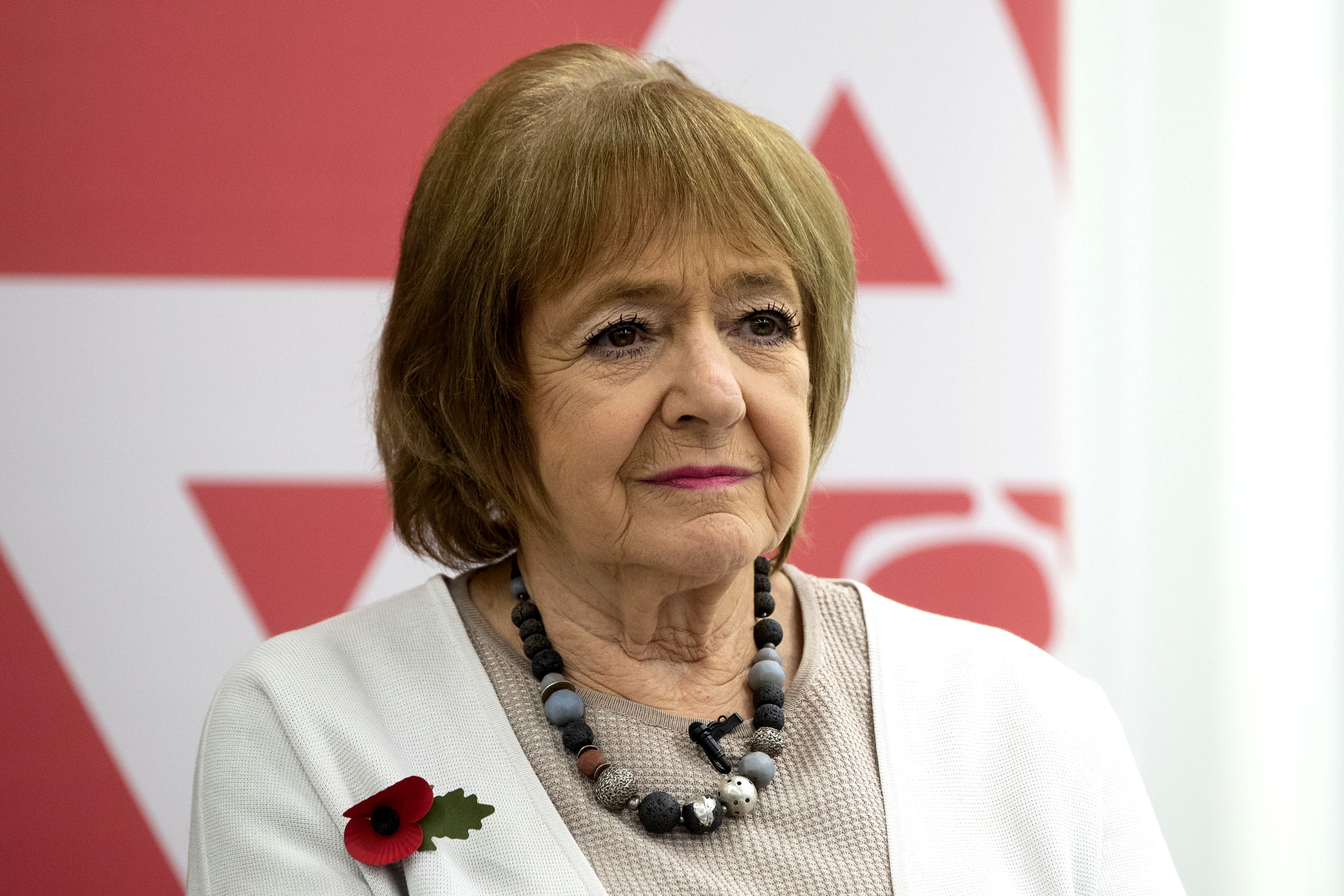
Despite the urgent need for action, the Barking MP worries the government will squander the opportunity to act effectively against kleptocracy. Her primary concern is that ministers will be too scared to bring in tougher regulations for fear of undermining the country’s financial services, at a time when the UK struggles with the economic fallout of both the pandemic and Brexit. She also fears financial lobbying groups hold too much sway.
Hodge sets out the dangers of letting the momentum slip. “We used to be proud of our rule of law. I think that's gone. And if we don't clean it up, over time it'll damage us. You can never stay sustainably rich on the back of dirty money.”
Joe Powell, the co-founder of the new Kensington Against Dirty Money initiative, also thinks ministers must act now against illicit wealth stored in the UK. He points to how the London borough of Kensington and Chelsea is one of Britain’s most unequal. It has thousands of empty properties held opaquely through shell companies, while residents wait years for social housing.
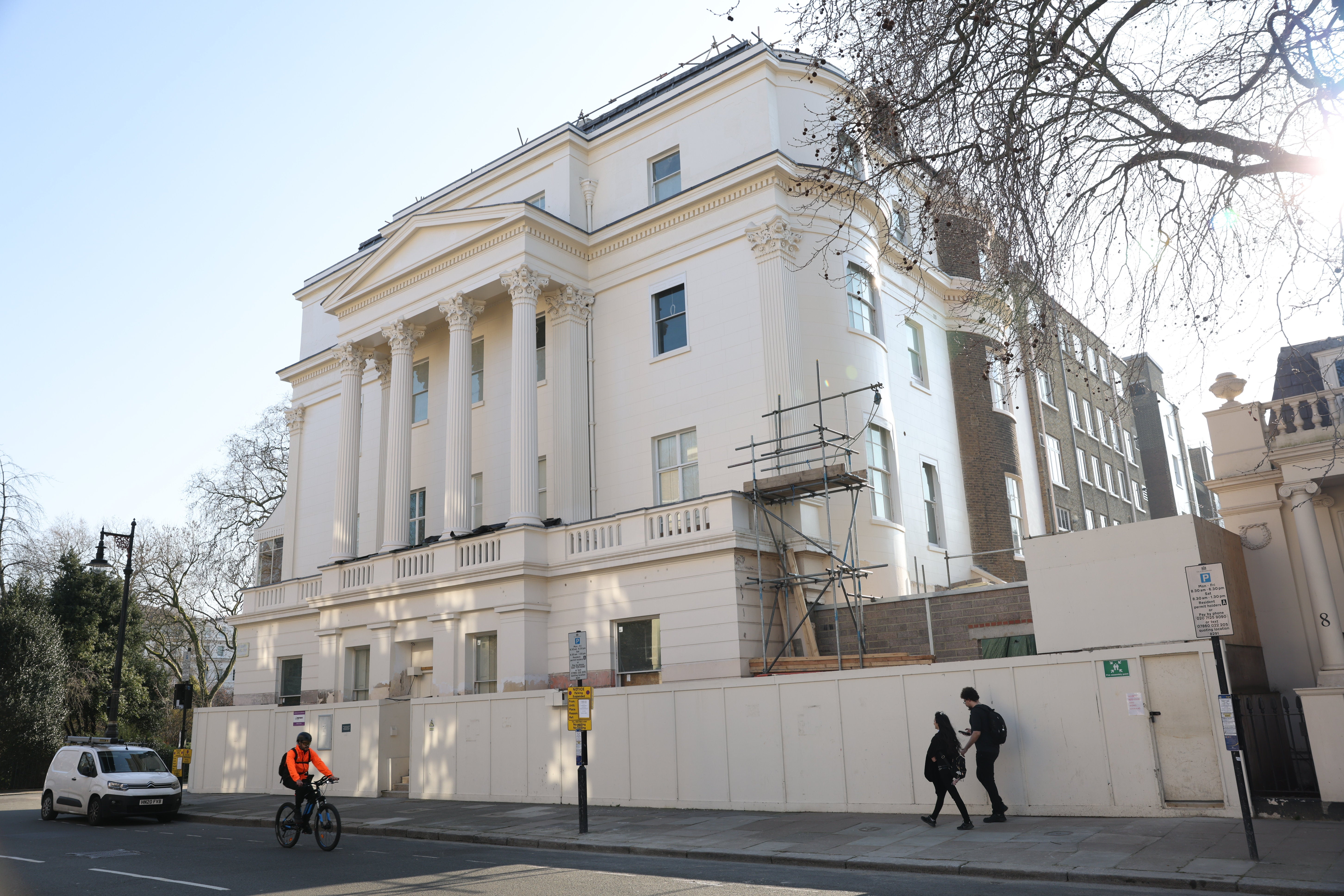
Powell calls for a joined-up approach between government and the local council to confront dirty money, which has had a corrosive effect on his community. He hopes the campaign will inspire other groups to form at the local level. “We absolutely need Westminster Against Dirty Money, Barnet Against Dirty Money, Surrey Against Dirty Money – that would be great. But we also need New York Against Dirty Money, Vancouver Against Dirty Money and so on.”
For a better glimpse at how the “lights-out” phenomenon affects London, Bullough shows me Brompton Road Station, a long-disused Tube stop in Knightsbridge. When Boris Johnson was the capital’s mayor, he was approached by a businessman, Anjit Chambers, who wanted to turn the “ghost” station into an entertainment venue. But instead, the Ministry of Defence (MoD), which owned the landmark, sold it off some years later to the highest bidder. According to the MoD, “the necessary financial due diligence was carried out and the site was sold on the open market achieving the best value for money for the taxpayer”.
If people are put in prison for such actions, it would ‘change the risk calculation’ for kleptocrats and their enablers
The new owner was the controversial Ukrainian billionaire Dmitry Firtash, who lived next door. Firtash, who made his wealth through RosUkrEnergo (RUE), which had a monopoly in the 2000s on the flow of gas from Russia to Ukraine, is currently fighting extradition to the US over alleged bribery charges. The MoD said it had no knowledge of the FBI’s investigation at the time of purchase.
“A whole chunk of the city is like this tube station – an empty space. It’s doing nothing, it’s just a store of wealth for someone else,” says Bullough.
Susan Hawley, executive director of Spotlight on Corruption, says big money from abroad has a distorting effect on British society. She warns that the UK should not become parochial when it comes to foreign investment, but should be attuned to dirty money. “The problem is that big money from abroad, which seeks to win influence and friends within the UK establishment, has distorted everything, including the kind of work young lawyers want to do,” she says.
“If you can get loads of money in the City working for oligarchs, why would you go to work for the Serious Fraud Office?”
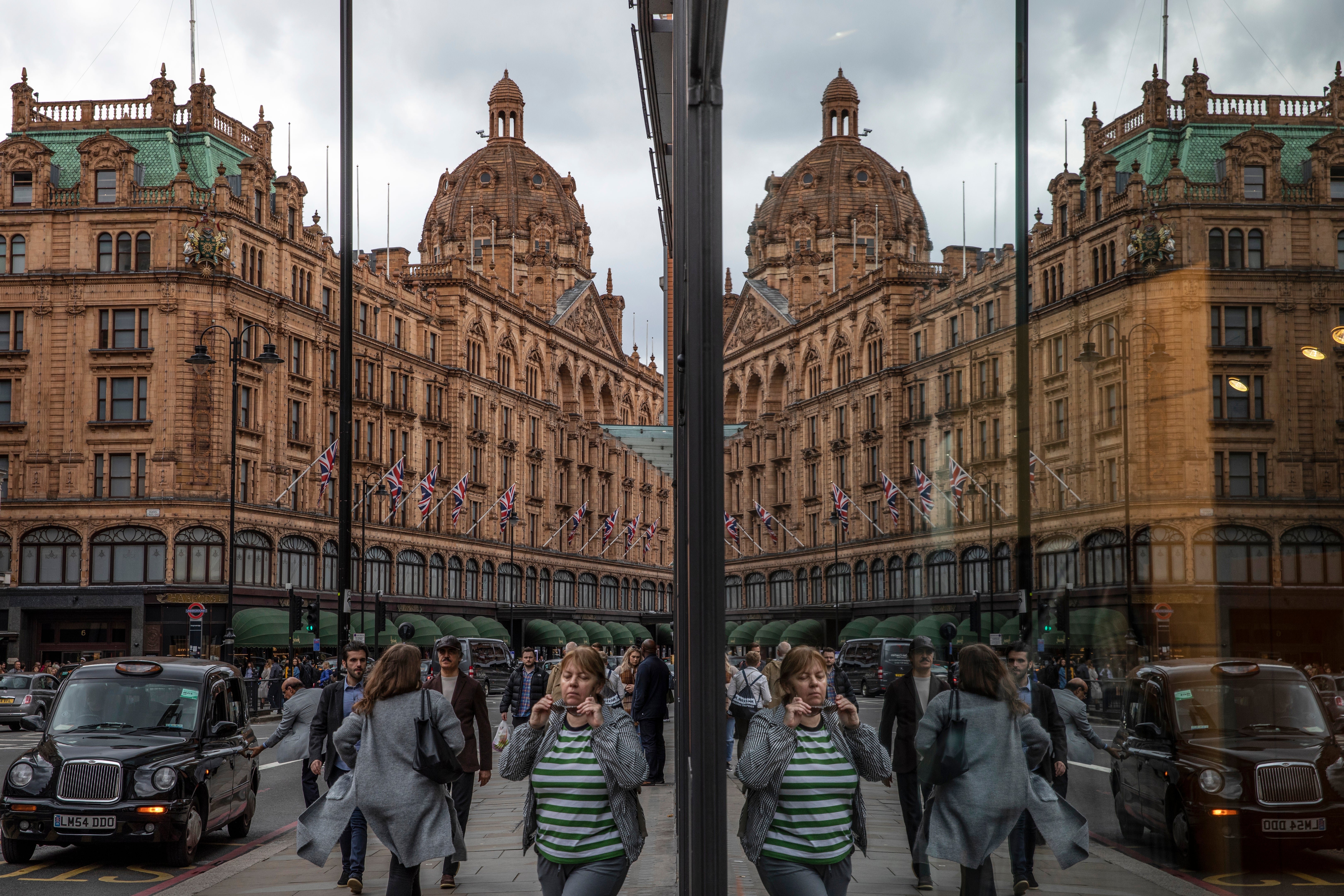
The influx of foreign cash of unknown provenance also has profound ramifications for the health of our democracy, Hawley adds. Although the government has made the right noises about kleptocracy after Russia attacked Ukraine, Hawley, like all the other experts The Independent spoke to, is doubtful about the extent of its future efforts. “I think we do have to be concerned that it might just be a false dawn in a way,” she says, highlighting that the government has lost interest before and may do so again when Ukraine is out of the headlines.
Hawley would particularly like to see ministers act against Companies House as they have promised to do. She sees its loopholes as much as a domestic concern as an international one, since billions of pounds of Covid-19 loan fraud were committed because of its lack of checks and balances. “Companies House has been a complete Achilles heel for the UK and for dirty money for years,” she says.
Bullough wants to see this too. He also hopes a successful legal case can soon be brought against someone deemed to have laundered money through the UK. If people are put in prison for such actions, it would “change the risk calculation” for kleptocrats and their enablers, he says. The author of Butler to the World has no truck with the argument that if Britain stopped its butlering services, the dirty money would simply move elsewhere.
“The idea that ‘if we don’t do it, someone else will’ is false. There aren’t very many other places that could do this. If we don’t do it, essentially the kleptocrats lose access to one of the most important nodes in the international financial system. And that’s an important thing.”
With the UK scrambling to act against Russian dirty money, Bullough says the government must face up to the wider problem. “You shouldn’t be reactive to everything the whole time. You should be proactive about it.”




Join our commenting forum
Join thought-provoking conversations, follow other Independent readers and see their replies
2Comments